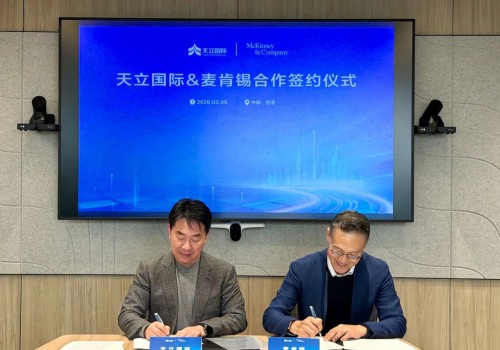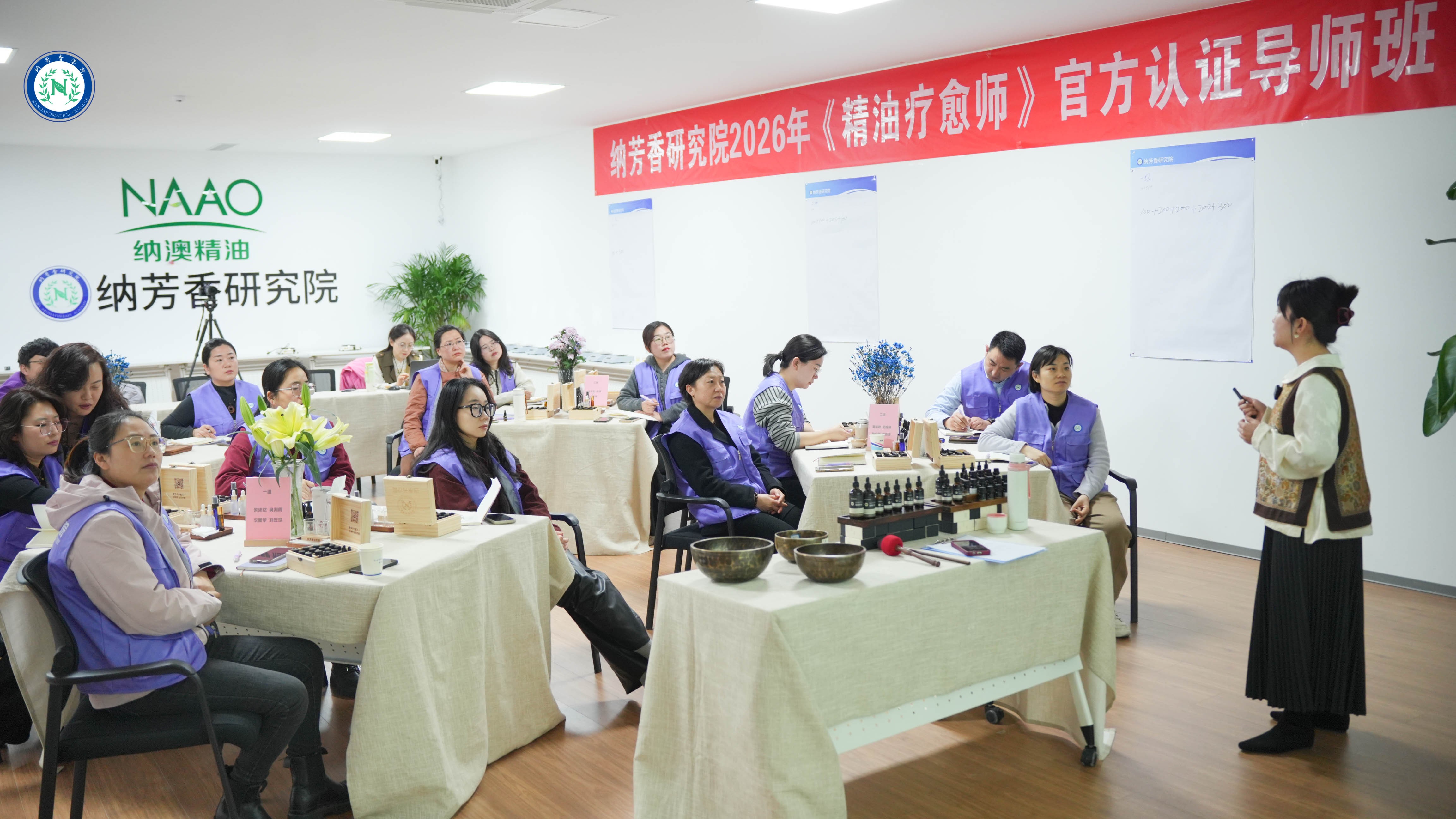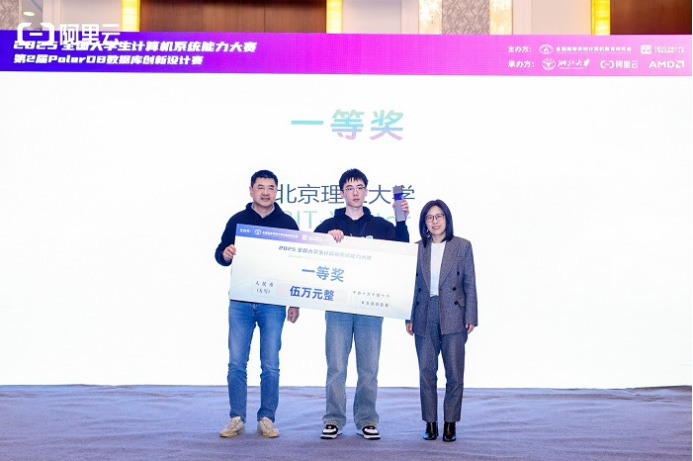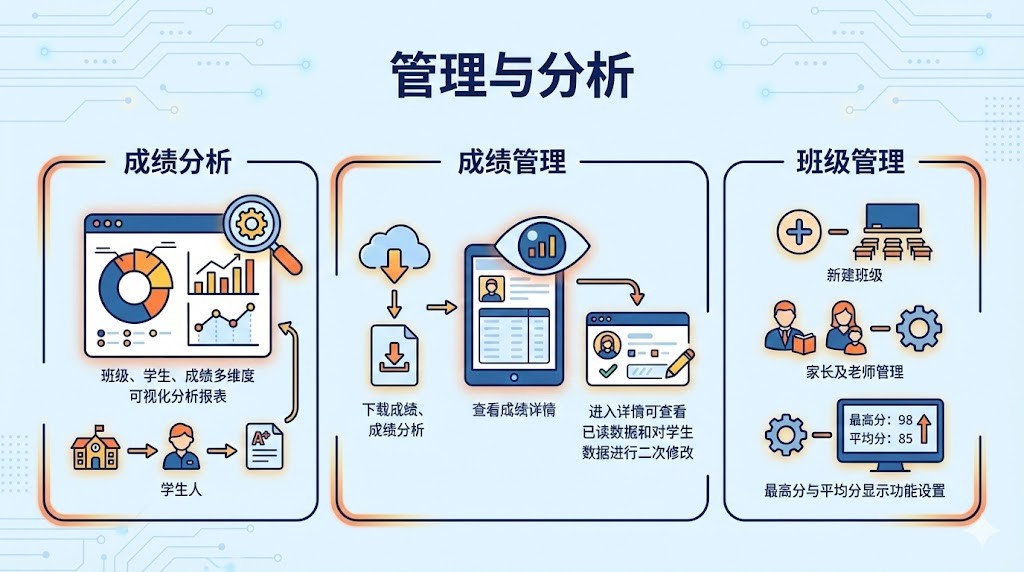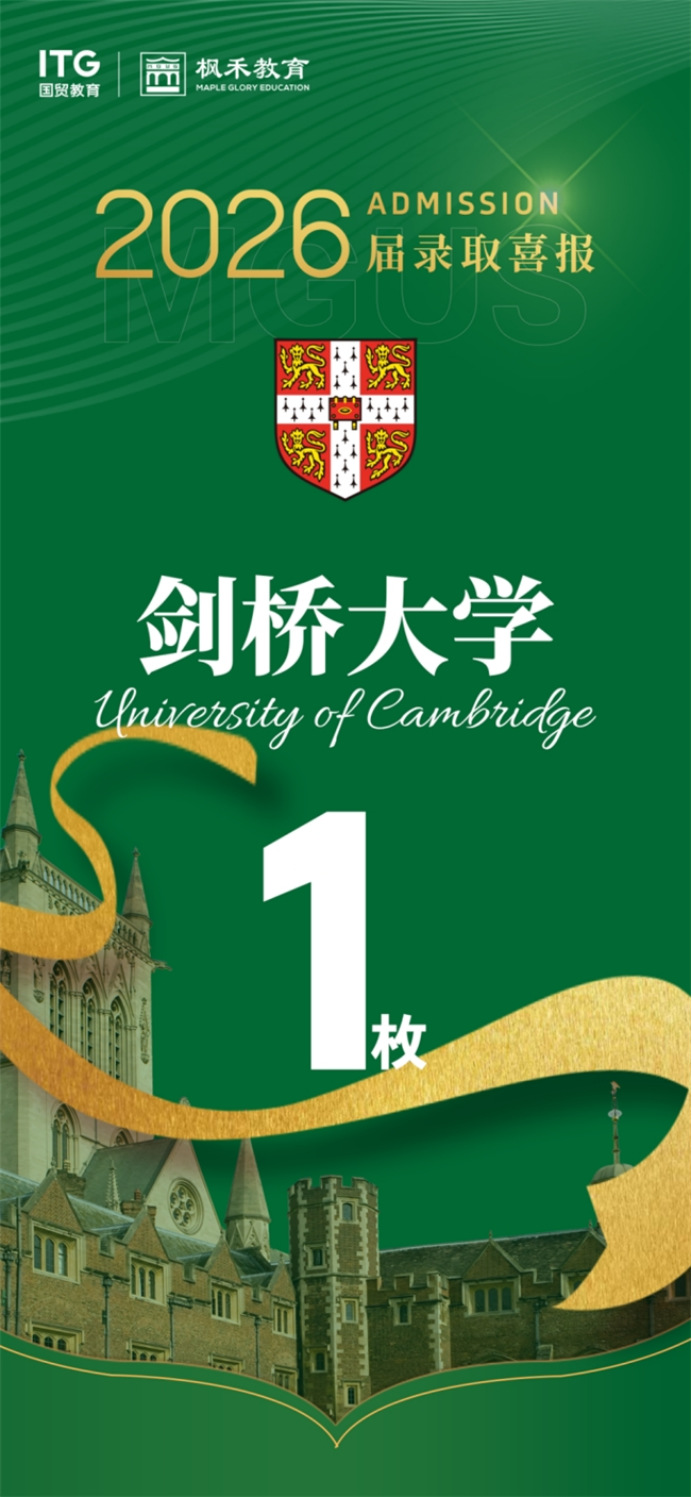By+li+li
When rule of law was first announced to be the primary topic for the Fourth Plenary Session of the 18th Central Committee of the Communist Party of China (CPC) in July, the news thrilled many law professors.
“This is unprecedented,” Li Buyun, a legal scholar, told Legal Weekly.
In September 1997, the report adopted at the 15th CPC National Congress historically dictated “governing the country according to the law and making it a socialist country ruled by the law.” During the 1999 amendment to the Constitution, the exact dictate was written into the Constitution. Since then, the Party leadership has never stopped striving to promote the rule of law in China.
Between October 20 and 23, more than 200 members of the CPC Central Committee will convene in Beijing for their annual meeting, which steers the countrys political path.
“Since the 18th CPC National Congress, the rule of law has achieved remarkable and historic progress in China,” said Chen Guangzhong, a tenured professor of China University of Political Science and Law. “The top leaderships determination in promoting the reforms and achievements made so far has been relentless.”
xie Chuntao, a professor specializing in Party history at the Party School of the CPC Central Committee, said the rule of laws resurgence to the Partys top agenda is a result of grave pressure exerted by problems challenging the country.
It is believed that corruption, labor disputes, pollution, land seizures and food safety problems all point to the urgent need to improve regulation and implementation.
Attaching great importance
Less than one month after being elected to be general secretary of the CPC Central Committee, xi Jinping delivered an important speech at a congress marking the 30th anniversary of the implementation of Chinas 1982 Constitution on December 4, 2012. xi said that the supervising system that ensures the Constitution is carried out is not well established, and occasional dereliction of duty has dented the authority of the countrys judicial system.
“No organization or individual has the privilege to overstep the Constitution and the law, and any violation of the Constitution and the law must be investigated,” he said.
The strength of the message was soon felt during the following anticorruption campaign that has targeted both lowranking officials and people in the highest reaches of the Party, state and military hierarchies.
During the latest campaign, 41 ministrylevel officials had been investigated for graft by the end of July, including Zhou yongkang, who chaired the Committee of Political and Legal Affairs under the CPC Central Committee from 2007 to 2012.
An editorial from xinhua News Agency called Zhous fall as “a significant step forward for Chinas institution of the rule of law in China.”
Addressing a teleconference on political and legal affairs in January 2013, xi said that efforts should be made to ensure that people get justice in every judicial case, a sentiment that was later quoted by many media reports.
xis emphasis on the rule of law and an independent judiciary has been followed by the rectification of wrongful convictions.
In March 2013, 48-year-old Zhang Gaoping and his 37-year-old nephew Zhang Hui were acquitted after serving 10 years in jail for a wrongful charge of rape and murder after a forced confession.
In April of the same year, Li Huailiang, a farmer from Henan Province, was released after being jailed for 12 years for a murder and rape case in which he was not involved. Li claimed he only confessed because he was tortured by police during the interrogation.
In July, Zhejiang Higher Peoples Court retried two 18-year-old murder cases in light of new evidence and acquitted the five defendants.
In the decision on major issues concerning comprehensively deepening reforms adopted at the Third Plenary Session of the CPC Central Committee last November, promoting the rule of law in China was listed as one of the 16 chapters.
“The importance attached to rule of law in this decision is unprecedented for a Party document,” said Zhang Wenxian, a law professor of Jilin University. Zhang said besides an independent chapter on the rule of law, all the 60 reform measures contained in the decision are all related to legal reforms in China.
The reeducation-through-labor system,which was instituted in 1957 and allowed detention for up to four years without an open trial, was officially abolished by a motion adopted by the Standing Committee of the National Peoples Congress in December 2013.
“Legal scholars had been calling for the overhaul of the system for many years. Although we all knew that its abolition was only a matter of time, the current leaderships determination and action is admirable,” said Professor Hou xinyi from the School of Law of Nankai University.
An independent judiciary
The trial of Bo xilai, former CPC chief of Chongqing Municipality, charged with bribery, embezzlement and abuse of power, was presided over by Jinan Intermediate Peoples Court in August 2013. The trial of Bo shocked many with its apparent openness as the proceedings were broadcast online in unusual detail through the courts official feed on the microblogging platform, Chinas version of Twitter, while similar trials of senior Party officials have typically not allowed public observation.
In November 2011, the Supreme Peoples Court issued an order to require courts to promote the openness of three forms of information: trial proceedings, verdicts and executive of the verdicts.
“Judicial openness has achieved remarkable progress after enormous efforts made by the court system,” said Professor Hou.
Explaining the decision on major issues concerning comprehensively deepening reforms after its adoption in November 2013, xi said that judicial reform will be a major part of Chinas overall reform.
In June, three guideline documents on conducting judicial reforms were adopted by the leading group for overall reform, which has been headed by xi.
The suggested measures include improving the classification of judiciary workers, providing them with competitive compensation and benefits and giving local courts and procuratorates more control over its budget, human resources as well as other parts of its administration. Pilot programs have been ratified in six municipalities and provinces.
The core of these measures is to increase the independence of courts and procuratorates by reducing their dependence on governments of the same level.
“In the past, judicial reforms mainly focused on technical issues while the current round of reforms attempts to overhaul the system. If the reform plans can be well implemented, the independence of judges and prosecutors will be truly guaranteed,” said Hou.
Checks on governmental power
The State Council said on September 10 that it will further cut administrative approvals and delegate power to lower-level governments in order to promote efficiency and clear obstacles standing in the way of economic growth.
The move is aimed at eliminating up to 200 administrative approval items by the end of 2014. Over the past year, the State Council has cut or adjusted 632 administrative approval items.
A guideline on reforming the supply and use of government vehicles was released in July in an effort to cut hefty spending in the area amid mounting public complaints over misuse of public money.
According to the guideline, China will scrap the supply of vehicles for use in regular government affairs, while keeping those for special services such as intelligence communication and
emergencies.
The Central Government will instead allocate a “proper amount” in subsidies to public servants to allow them to choose their own means of transportation.
In recent years, the departments of Central Government and local governments have been urged to publicize their expenses on official overseas visits, official vehicles and official hospitality. More and more departments have been publicizing the information with more details.
“The reforms have been shaping the government toward being limited in power, cleaner and more open, which meet the requirements on the government in a society ruled by law,” Professor Hou said.
Earning his bachelors degree in law from Peking University, Chinese Premier Li Keqiang helped translate The Due Process of Law by famed English jurist Lord Denning into Chinese.
Meeting the press following his installation to the new post in March 2013, Li emphasized that the market economy is one based on the rule of law. “We need to ensure that market energies can do anything that is not prohibited by the law, and government departments must not do anything unless it is mandated by the law.” He also urged“building a modern economy, modern society and modern government with the spirit of the rule of law.”
此文由 中国教育导报-初中编辑,未经允许不得转载!: 中国教育导报 > 初中 » A Systemic Fix


